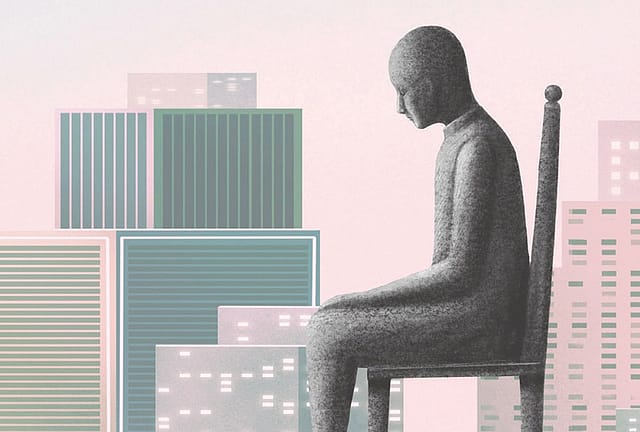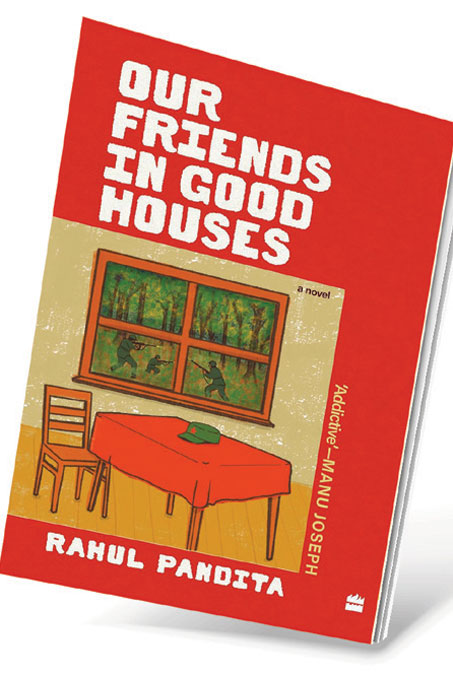Book Review: Rahul Pandita’s first novel portrays a nowhere man


WHAT DOES EXILE do to a human? How does it alter the dynamics of family? How does it contort body and mind? How does it handcuff thoughts? How does it bleach relationships? How does it colour behaviours? These are just some of the questions that journalist Rahul Pandita probes in his debut novel Our Friends in Good Houses, which follows three works of nonfiction.
Pandita’s memoir Our Moon Has Blood Clots: A Memoir of a Lost Home in Kashmir (2013) recounted how he (as a 14-year-old), along with his family, was forced to leave home in Srinagar in 1990. They were Kashmiri Pandits— the Hindu minority within a Muslim-majority state. His new book, thinly disguised as fiction, builds on the story of exile with candour and insight.
In Our Friends in Good Houses, Neel, a journalist in Delhi, travels to India’s interiors (Dandakaranya) to meet “comrades” or Naxalites. He listens when they inform him, “We are telling the Adivasis that they deserve better. And we are teaching them to fight for it.” He takes note when they tell him that even death is worth all this, as “The point of all this is dignity, the right to life—a decent life—which has been denied to the poor.”
He returns to Delhi from these exertions to an ailing mother and a reticent father, both buffeted by the forces of exile. Neither father nor son has in their “possession idioms that speak of the heart.” They know not a language to commune.
Openomics 2026: Continuity and Conviction
06 Feb 2026 - Vol 04 | Issue 57
The performance state at its peak
Neel is a man constantly cutting the “belly of destiny’s whale”. He is a caring son who upends his life for his parents who, since fleeing Kashmir, are in constant flux. For him an unconsidered life is no life at all.
He makes sense of life through literature and philosophy. A description of a tryst is anchored with references to Nietzsche, Aristotle, Erich Fromm, Roland Barthes, Hilary Mantel (and all within a few pages), to give just one illustrative example. In his constant search for firm footing, a home, a “base camp”, love provides one mooring. However unsteady. In his relationships he finds succour, but too often it proves fleeting.
The longest interlude of stillness, during this constant search, is the seven weeks that Neel spends in Shimla working on a book. This is a time of immersive writing and daily exercise. A schedule that roots him to the page and removes him from doubt.
Our Friends in Good Houses is an emotional story of a protagonist who lives in different worlds but realises he is a citizen of none. He finds solidarity in distant outposts, friendships in cities, but his greatest comfort is that of books and music, writing and literature.
It is a book of loss—of loved ones, of home. It is a book of longing—for meaning and anchorage. It is a book about memory— what we remember and what we try to forget. It is a book about the ecstasy of connection and the trauma of an unfulfilled relationship.
It is ultimately a novel that reminds us: “what are we, if not stories?”
